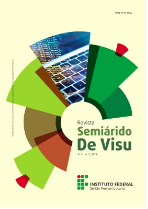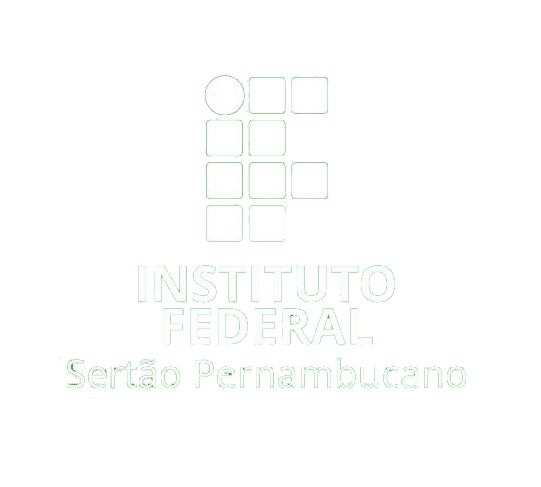The Teaching of Philosophy on the Periphery of Civilization: Challenges for a Counter-Colonial Critique
Visualizações: 56DOI:
https://doi.org/10.31416/cacto.v5i1.1453Keywords:
Ensino de Filosofia, Iluminismo, ContracolonialismoAbstract
In this paper we will address some of the pedagogical and epistemological challenges related to the teaching of Philosophy in countries that are geographically located on the periphery of what is considered the center of world civilization, that is, non-European countries. What these countries, which are so diverse among themselves, have in common is the historical mark of European colonization, formed mainly from the cycle of the ‘great navigations’, which were, among other things, the channels for disseminating the ideas of European modernity to the rest of the planet. The first major challenge that arises in this investigative horizon is to seek to problematize the specific and intrinsically philosophical legacy of this tradition, and what in it is merely an epistemic reproduction of a correlation of colonial forces that historically sought to privilege European self-referentiality, proposing it as a philosophical value in itself. Some paradoxes naturally arise from this investigative field, among which we will pay particular attention to the relationship between the Enlightenment ideal of freedom, dignity and human fraternity, and the philosophical and pseudo-scientific theories that sought to legitimize eugenics, racism and slavery in Latin American countries. In this sense, we understand that the appropriation of philosophical discourse and the practice of philosophizing by teachers and students, both in basic and higher education, if not preceded by a decolonial and/or counter-colonial reading of this tradition, tends to reproduce an implicit and widely rooted ideology in philosophical discourse, known as ‘Eurocentrism’. Finally, we understand that the teaching of Philosophy in countries like Brazil has this additional challenge of not only appropriating the rich legacy of the history of Western Philosophy, but also has the additional task of carrying out the decolonial or counter-colonial critique of this same legacy, in order to position subjects at the center of their own philosophical articulations and inquiries, in convergence with their historical and regional contexts.
References
ANDRADE, Érico. A opacidade do iluminismo: o racismo na filosofia moderna. Revista kriterion, Belo Horizonte, nº 137, Ago./2017, p. 291-309.
ARISTOTELES. A Política. Trad. Roberto Ferreira. Ed. Martins Fontes. São Paulo. 2002.
BUCK-MORSS, Susan. Hegel e Haiti. Novos estudos. CEBRAP [Internet]. 2011Jul;(90):131–71. Available from: https://doi.org/10.1590/S0101-33002011000200010
CARNEIRO, Aparecida Sueli. A construção do outro como não-ser como fundamento do ser. 2005. Tese (Doutorado) – Universidade de São Paulo, São Paulo, 2005.
DIOP, Cheikh Anta. Origem dos antigos egípcios. In: MOKHTAR, Gamal (Ed.) História geral da África II: África antiga. Brasília. UNESCO. 2013.
DUSSEL, Enrique. Europa, modernidade e eurocentrismo. En libro: A colonialidade do saber: eurocentrismo e ciências sociais. (pp.55-70) Perspectivas latino-americanas. Edgardo Lander (org). Coleccion Sur Sur, CLACSO, Ciudad Autonoma de Buenos Aires, Argentina. setembro 2005.
GONZALEZ, Lélia. Por um feminismo afro-latino-americano: ensaios, intervenções e diálogos.
Ed. Zahar. Rio de Janeiro. 2020
HEGEL, G. W. Filosofia da História. Ed. UnB. Brasília. 1999.
KANT, I. Ideia de uma história universal do ponto de vista cosmopolita. Tradução de Ricardo Terra. São Paulo: Martins Fontes, 2010.
KRENAL, Ailton. A vida não é útil. Ed. Companhia das Letras. São Paulo. 2020.
QUIJANO, Aníbal. Colonialidade do poder, Eurocentrismo e América Latina. Em, A colonialidade do saber: eurocentrismo e ciências sociais. Perspectivas latino-americanas. Buenos Aires. 2005. p. 117-142.
MENDES, Maria Manuela. Raça e racismo: controvérsias e ambiguidades. Vivência. Revista de Antropologia. N° 39. 2012 p. 101-123.
MILLS, Charles W. O contrato racial. Trad. Teófilo Reis e Breno Santos. Ed. Zahar. Rio de Janeiro. 2023.














